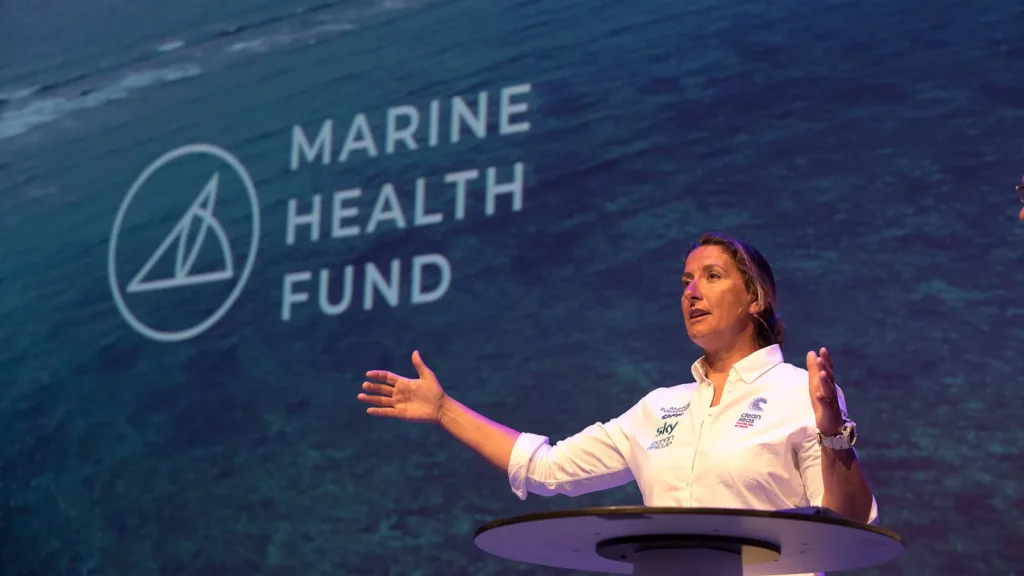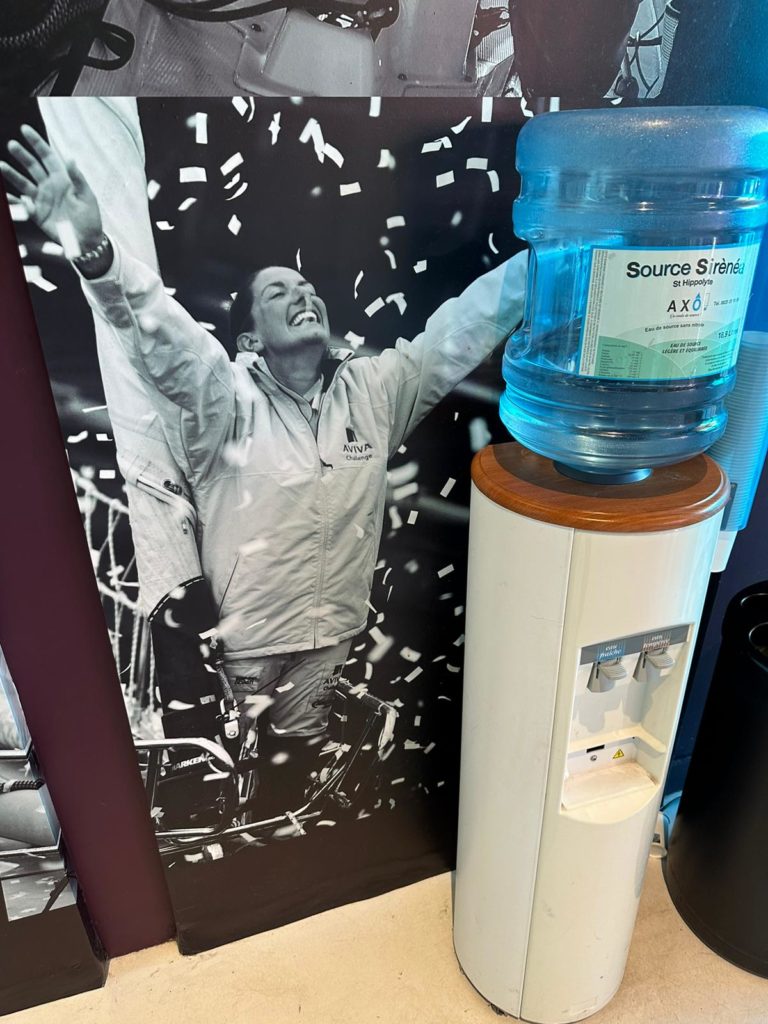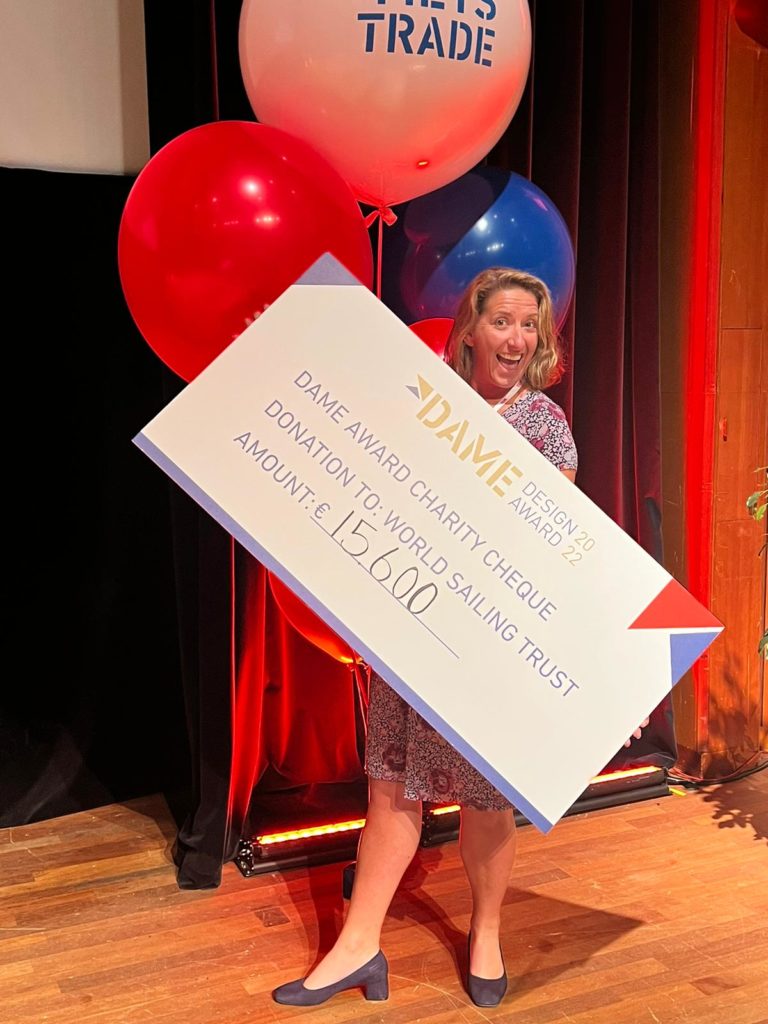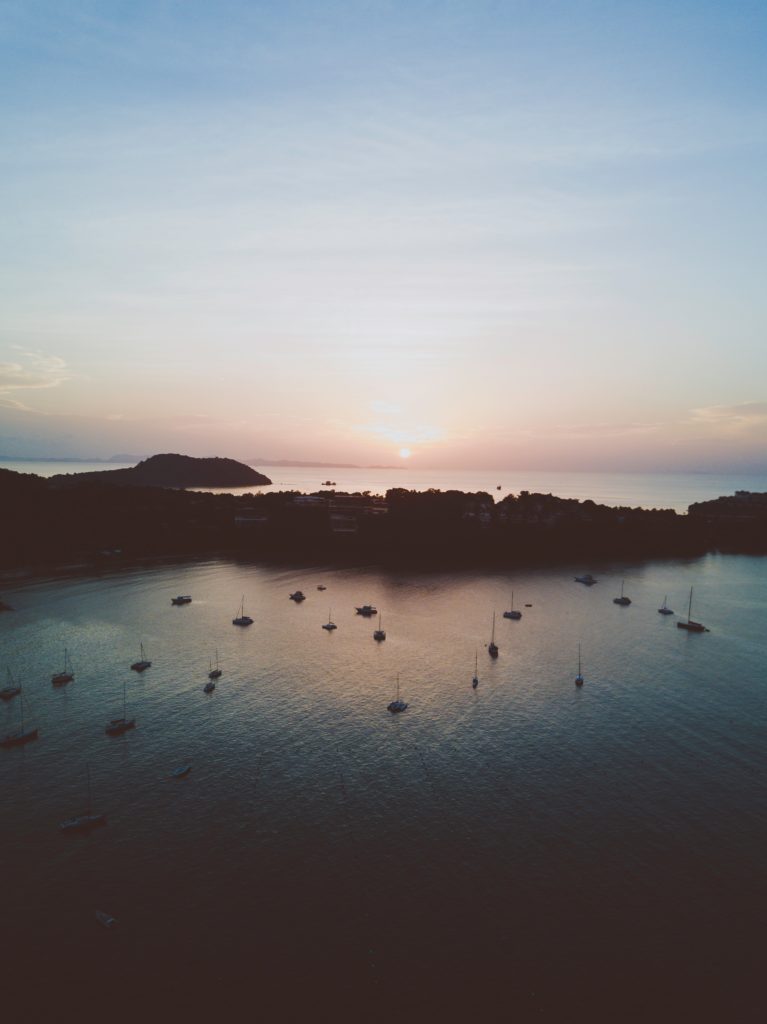
The greatest change for me this month has been my tenure as Chair of the World Sailing Trust coming to a close.
Back in 2018 I was asked to take on the role of Chair for the newly formed World Sailing Trust. It was with a mix of apprehension and excitement that I accepted and, together with a highly skilled board of trustees, have helped shape, challenge and nurture the sport we love over the last six years. Our goal was to future proof the sport of sailing and transition it to becoming more forward thinking and modern in its approach. We wanted our sport to be informed, decisive and stand as a catalyst for change.
Focussing on the two key areas of people and planet, the trust promotes and enhances sailing in all its forms and protects the waters our sport depends upon. As my tenure as Chair comes to an end, I look back with a sense of satisfaction and pride on what has been achieved.
In our planet focus we have proactively been facilitating change around the end of life of equipment. Helping athletes and manufacturers move towards a circular mindset and working together to recycle more, with incentives to reduce waste.

The award-winning Carbon Fibre Circular Alliance, in collaboration with other international federations, has worked tirelessly for circular manufacturing with non-virgin carbon fibre.
We have also supported the Optimist Class who have led the way with the Recycled Optimist Parts and Equipment, (ROPE) initiative. Exchanging and passing on equipment to enable emerging nations access to the water on used equipment and growing the sport at a grass roots level.
The people projects have made the most recognised advances in our sport and, as a female in the industry, I am delighted that we have been brave enough to address the issues that have been overlooked to date.
As an extension of the Strategic Review into Women in Sailing that was carried out back in 2019, our people projects have been continuing to make progress. The nine recommendations from that review have led to action being taken in six areas, with another currently at research stage to identify actions required.
We presented Project Juno to hold our sport accountable on how we can better support maternity policies in sailing and allow mothers to return to competition fairly.
One clear aim in our sport is to address the gender balance in race officials, which is something that needs to be aligned at an international level. To that end, we have produced a set of guidelines to help clubs and organisations facilitate this under the title, ‘Taking the bias out of the start line.’
We have undertaken a Participation Study and carried out a MNA Census study. These two surveys have allowed us to understand where our sport is today because unless we know where we are starting from, we cannot measure success. With this valuable data, we can start working to move our sport forward with targeted recommendations.
This year we published the Gender Design Survey, which has highlighted how the design of equipment impacts on female performance, and more worryingly, safety. This will require further study to fully understand the impact of the sport and all its disciplines on the female body. To date, most research has been carried out on male athletes, so detailed research with an academic institution on a diverse group of female sailors will help support the findings of the Gender Design Survey and serve to address some of the common issues around clothing design, safety and boat equipment design.

2024 is a huge year for our sport and it is important to celebrate how far we have come and at the same time acknowledge that there is still a way to go. The recent Paris Olympics success has been praised for reaching gender parity for the first time. We are seeing the America’s Cup host a female event for the first time alongside a returning youth event. The 2024 edition of the Vendee Globe will see 6 female competitive entrants amongst the 40 skippers on the start line. This is all progress.
I would like to take this opportunity to thank the volunteer trustees who have and continue to give their time and expertise. I have learned a great deal from Duncan Truswell, Susie Tompson and Theresa Zabell, who have been in position since conception and now standing down. We leave Lindani Mchunu to continue in his role and are extremely grateful for the support of our partners and Head of the Trust, Victoria Low. Victoria has single handedly taken our ideas and worked tirelessly to convert them into substantive, credible results.
I feel the Trust is in a good place to continue the strong work it does and I am excited about what it can achieve in the future. Thank you.
